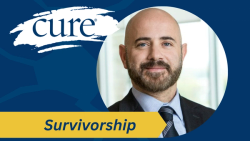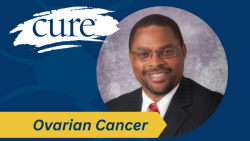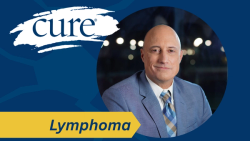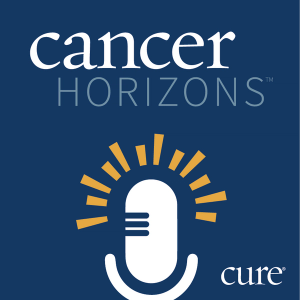Raising Awareness on Multidisciplinary Approaches in GI Cancers
Patients with gastrointestinal cancer may benefit from multidisciplinary care and open communication with their care team, as per an expert.
Gastrointestinal cancer (GI) diagnoses mark the beginning of a complex journey that relies on collaboration among specialists and clear communication to guide treatment decisions. Patients should seek care coordinated through a multidisciplinary team, according to Dr. Rachit Kumar during an interview with CURE.
Kumar is an assistant professor of radiation oncology and molecular radiation sciences at The John Hopkins University School of Medicine in Washington, D.C.
Regular tumor board discussions bring experts together to review cases and recommend personalized treatment plans, which has been shown to improve outcomes.
By encouraging communication about the technology used in treatment planning and delivery, patients can form stronger connections with their radiation oncologist and specialists. Understanding how these tools work not only helps patients feel more confident but also supports informed decision making.
Transcript:
I think that the important things to look at when you have a new diagnosis of GI cancer are, what is your team doing to help address your cancer? So, I think that making sure that you're part of a multidisciplinary team, making sure there's a tumor board discussion, because again, getting more thoughts in a room has been shown to have better outcomes. Making sure that the team that you're working with has experience with the cancer type that you have. And I think that just making sure –– it's hard to assess the technology, I don't think it's fair for a patient to come in and be expected to know, OK, I have this cancer, what kind of technology should my radiation oncologist be using?
I think instead, it's a very fair question to ask your team, “Can you talk to me about the technology that you use in a way that I can understand it, and how it can be used to help also improve my quality of life?” I think doing that will not just give the patient some comfort that they're able to connect with their radiation oncologist, but a better understanding of how that technology is going to help them both treat their cancer but also keep them functional.
Transcript has been edited for clarity and conciseness.
For more news on cancer updates, research and education, don’t forget to subscribe to CURE®’s newsletters here.
Related Content
 Key GI Cancer Advances from the 2026 ASCO Symposium
Key GI Cancer Advances from the 2026 ASCO SymposiumJanuary 30th 2026
 The Importance of Patient Education and Individualized GI Cancer Care
The Importance of Patient Education and Individualized GI Cancer CareJanuary 21st 2026
View additional resources on CureToday.com














